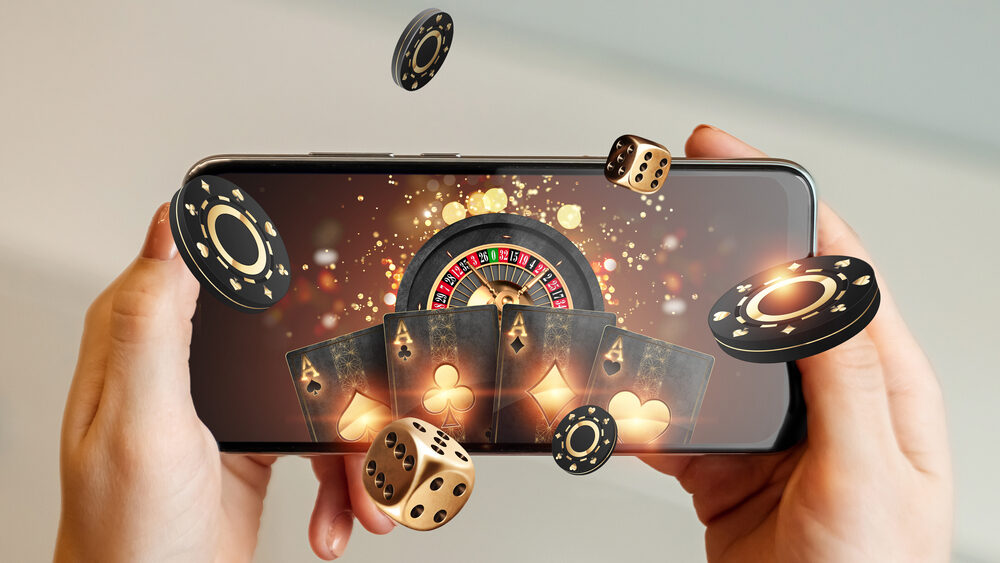In the shifting sands of technological advancements, one unwavering truth has emerged: two worlds have entered into a symbiotic relationship where each influences and reshapes the other—the gaming industry and smartphones. As gaming engagement continues to advance and increase in complexity, the manufacturers of smartphone companies are feeling pressured to push innovation as far as it can go due to the increasing demands from gamers. In this post, we will explore the delicate balance between these two versatile industries and how their development intertwines with the development of smartphones.
The Rise of Mobile Gaming
Smartphones revolutionized the gaming sector after their introduction, giving rise to a generation that will forever play games. The introduction of touchscreens, high processing power, and advanced graphics gave birth to smartphones that could be transformed into mobile gaming consoles. Therefore, mobile gaming has become a force to be reckoned with in the gaming industry.
With the introduction of casual games and the rise in popularity of titles such as “Angry Birds and “Flappy Bird,” smartphones have become popular, not only for hardcore gamers but also for individuals who had never considered themselves to be one then. The increasing mobile gaming trend required smartphone manufacturers to focus on the performance of their devices, screen quality, and battery life as features that adjusted well to gamers’ needs.

The quest for powerful hardware
Gaming has evolved from being limited to console and computer equipment to now sharing one unified smartphone. However, as the games are more graphically intense and put a lot of stress on them, smartphone companies have had to compete with each other by advancing their hardware.
More specifically, processor technology has turned into the front line in this battle of companies to manufacture devices that can play modern games. Technical advancements such as the launch of specific gaming smartphones with cooling functionality, high refresh rate screens, and cellphone game-focused features demonstrate the industry’s effort to provide an excellent gaming experience.
The Gaming Aesthetic
The quest to dominate the video game market has seen smartphones go through a remarkable evolution, embracing elements of gaming style. The hyper-aggressive, futuristic designs that feature RGB lighting and angular shapes typical of gaming hardware have come into smartphone aesthetics.
Manufacturers understand the need to provide gamers not only with a good and powerful device but also develop an engaging visual environment. The advent of mobile phones, especially those that are gaming-centric, is not only designed to attract consumers; they also help create a brand identity against competition.
The importance of displays
Smartphone manufacturers are keenly aware of this. For gamers, the display is a portal to virtual realities. Portable devices have ushered in a new era of high-refresh rate displays, which were previously only available and reserved for gaming monitors. Fast gameplay is much smoother and more reactive when the refresh rate of a high-quality display is high.
High-end TVs used to be the only thing HDR (High Dynamic Range) technology was found in, but now it has become a standard feature of premium smartphones. It increases the contrast and colour accuracy of visuals, creating a more real-life virtual world for gaming. It is important to note that the continuous strive for display improvement is not only motivated by the gaming business but also by those who use their smartphones as a means to consume multi-media content.
Battery Life: The Endurance Challenge
However, the plot does not stop at strong hardware and breathtaking graphics, as battery life also plays a significant part in the gaming experience on smartphones. Gaming on a device that demands sustained performance but maintains longevity due to the battery power consumption.
Such battery technology needs great optimization on the part of Android phone manufacturers, which is why they are investing a lot of money to find the right match for such power and efficiency in phones. The fast-charging technologies also help gamers minimize their time spent waiting in front of the power source, so they can enjoy more quality gameplay.

Wrapping up
The transformation of the gaming industry has not only reformed but also redefined a whole new game in terms of smartphone development and vice versa. The synergistic bond between these two sectors, which have a broader scope, has brought about gadgets that not only address the ever-changing needs of users but also inspire creativity and innovation.
The days ahead seem to be even more promising as both industries continue their progress and come together, giving birth to a new era of gaming on devices that we carry around in our pockets. The nature of how these two industries have been evolving signifies the connectedness of technological progress, where developments in one area pave the way for changes in another.
